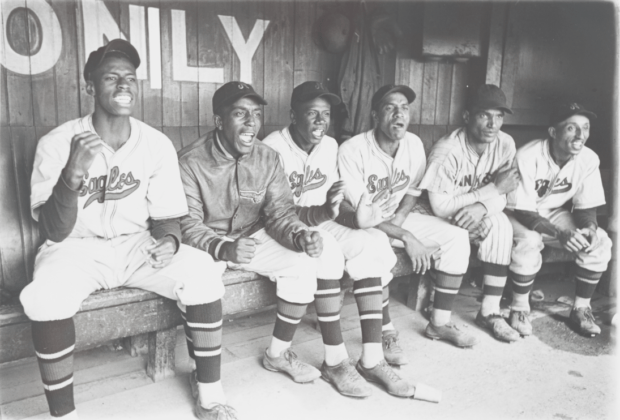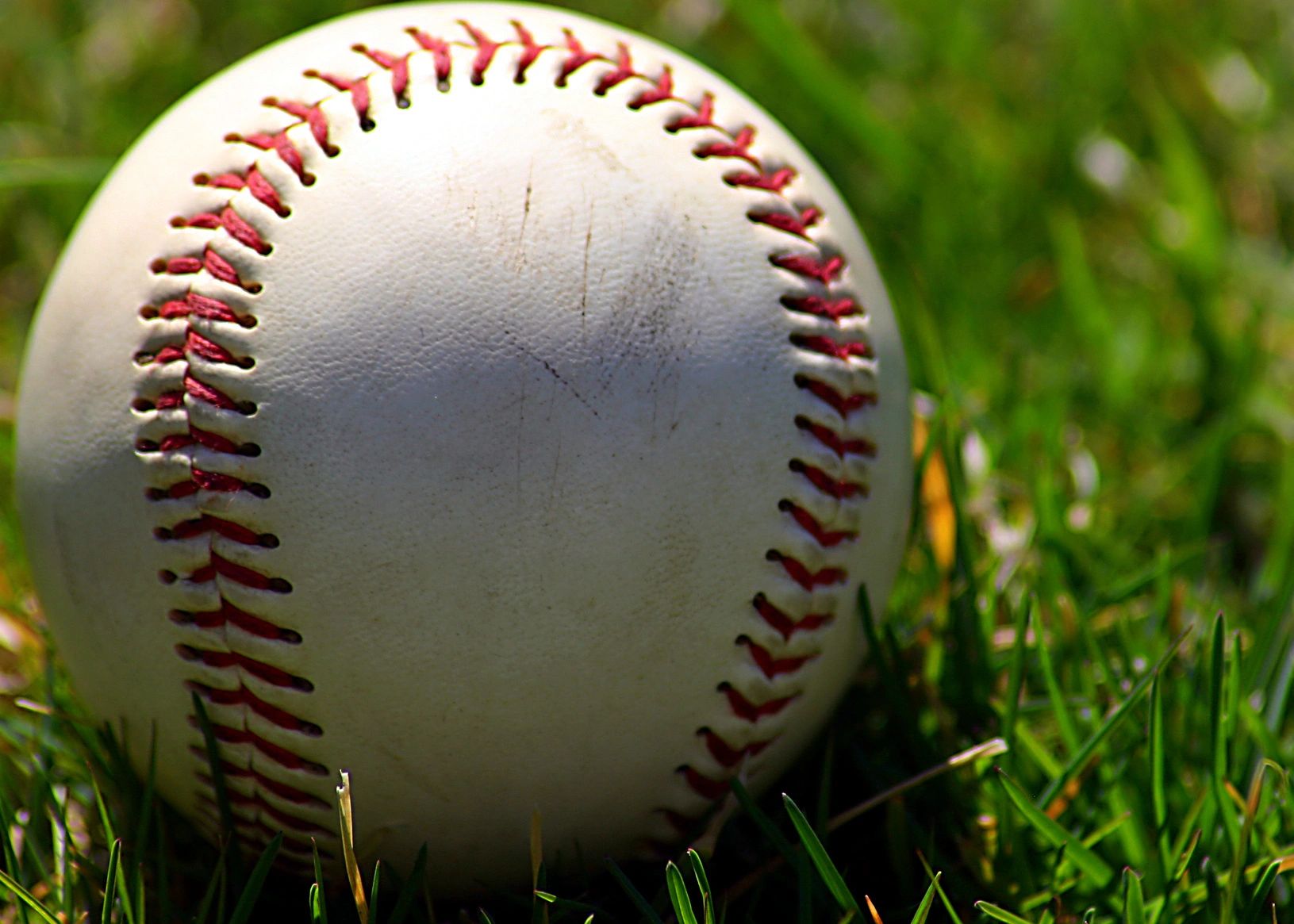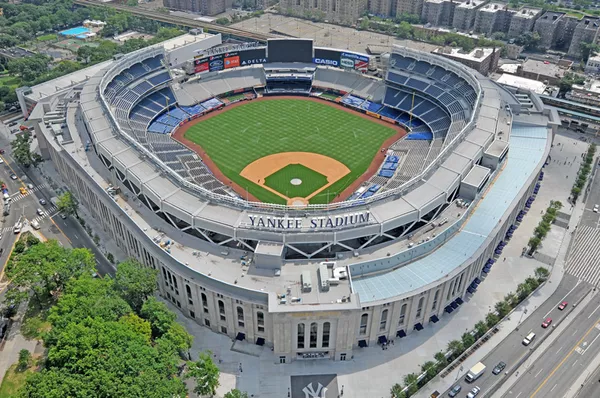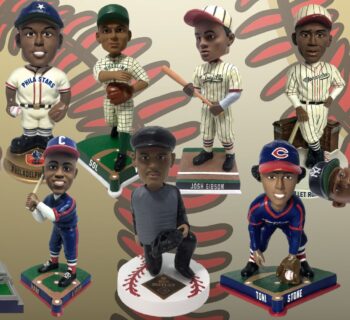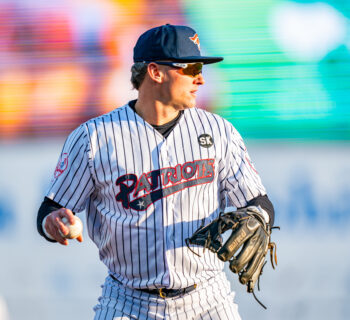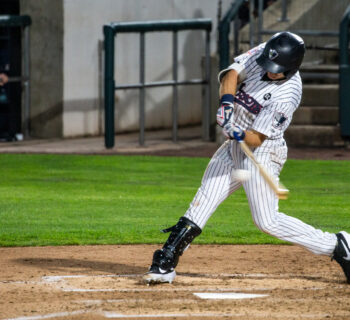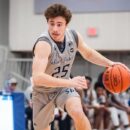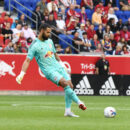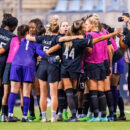The Newark Eagles may not have been the longest-tenured team in the Negro Leagues, but their legacy lives on in New Jersey and their story is an integral part of any discussion of the era. When the Atlantic League’s Newark Bears, whose run beginning in the early 2000s was only a bit longer that that of their Eagles professional forerunners, began play within the confines of Brick City, it was at Newark Bears & Eagles Riverfont Stadium, a moniker that opened many eyes and minds to the accomplishments of that proud franchise more than 50 years earlier.
A feature-length documentary, The League, debuts at the Tribeca Festival in Manhattan on Monday and opens in theaters July 7 and on digital July 14. Directed by acclaimed filmmaker Sam Pollard (MLB/FBI) and executive produced by Ahmir “Questlove” Thompson (Summer of Soul), the film delves into the first half of the 20th century, the heyday of the Negro Leagues and original big league home of Eagles stars like Hall of Famers Larry Doby, Biz Mackey, Leon Day, Mule Suttles and Monte Irvin and the team’s activist owner Effa Manley.
“I knew who Jackie Robinson was and that it was because of him Blacks had integrated the Major Leagues in 1947,” Pollard said. “But what I did not know much about in 1964 at the age of 14 was that he had come out of the Negro Leagues and that the Negro Leagues had been home to Black and Latino ballplayers who had to play segregated baseball during the height of the Jim Crow era.”
Pollard and the documentary team unearthed previously unseen footage and interviews and conducted interviews with first-person sources, which brought his initial curiosity about the subject into a full study.
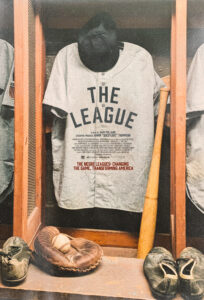
courtesy Magnolia Pictures
"My vision was simple," he added. "Find voices of those who played the game, surround them with historians and fans of the Negro Leagues, use as much archival footage and stills I could find and, to add drama, shoot period recreations and create animation that would add another level of cinematic texture to the film. Fortunately, I was able to find the voices of former Negro League players because Byron Motley (whose dad, Bob Motley, had been a Negro League Umpire) had interviewed and recorded many former players years ago."
The Eagles’ time in the Negro National League ran from 1936 through 1948, including the 1946 title with a team that featured boldfaced names like Doby, Mackey, Irvin, Day, Max Manning, Lennie Pearson, Johnny Davis and others. Manley, the first—and so far, still the only—woman inducted into the Hall of Fame, held the line on proper compensation for her stars signed to American and National League contracts. The League examines some of the consequences of integration vis a vis Black baseball as an economic and social pillar of the community.
As Manley predicted, the precipitous drop in Black attendance at Negro League baseball games ultimately sounded the death knell for the venerable African American institution. By 1960, the Negro Leagues were done. Black businesses, including concessionaires, barbershops, hotels and clubs which drew sustenance from African American patronage during the baseball season also began to decline.
In an on camera interview in The League, Negro Leagues Baseball Museum president Bob Kendrick noted, “What was right ethically, what was right morally, was devastating economically.”
The League tells the larger story, with baseball and the Negro Leagues as its engine.
- Pickleball, All the Rage, To Get New Dedicated Wayne Courts - February 14, 2024
- 'Boys in the Boat' Can Be a Master Stroke for Rowing in the U.S. - December 12, 2023
- Caldwell Sprint Football Head Coach Jim Kelly Announces Retirement - December 11, 2023

